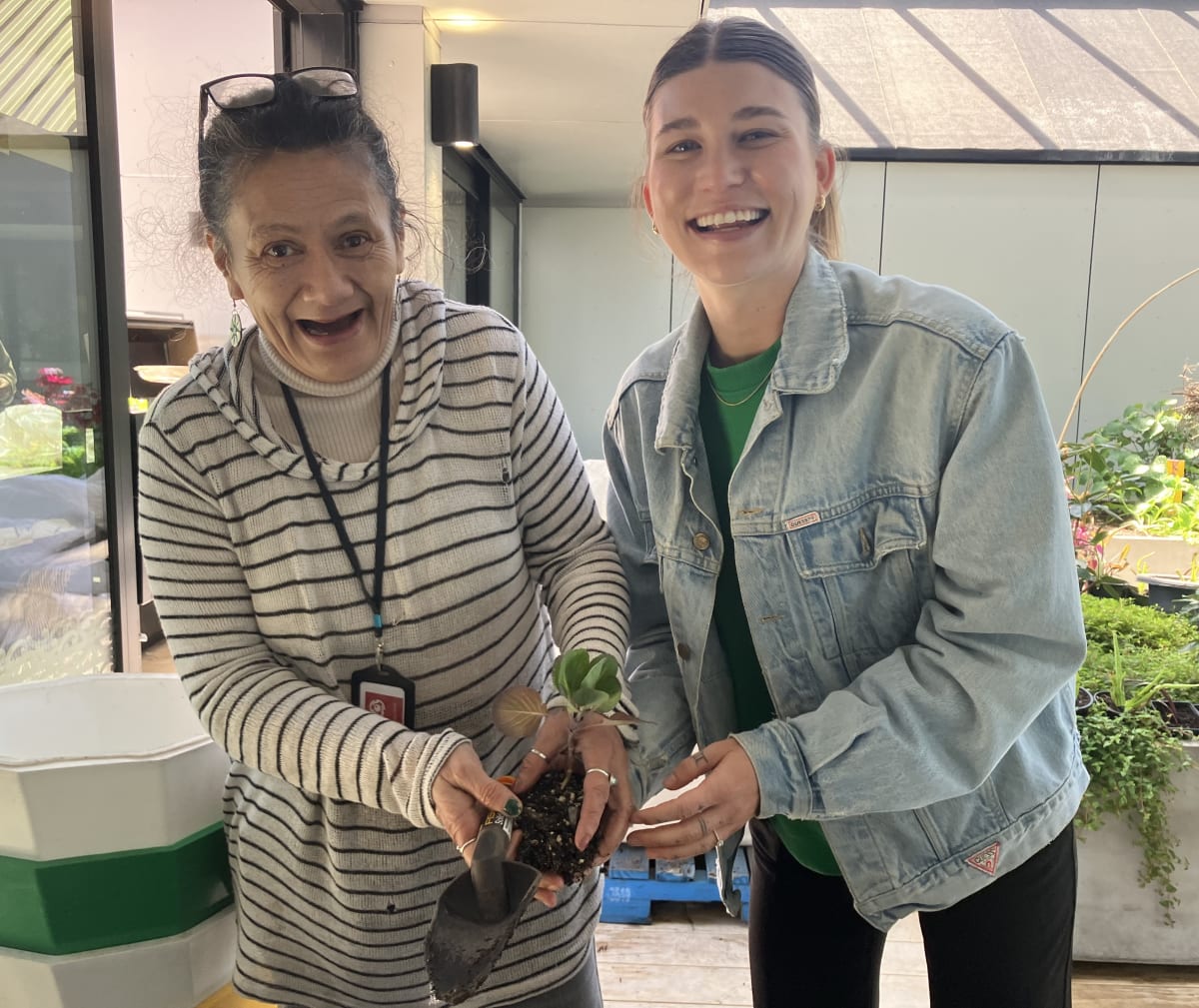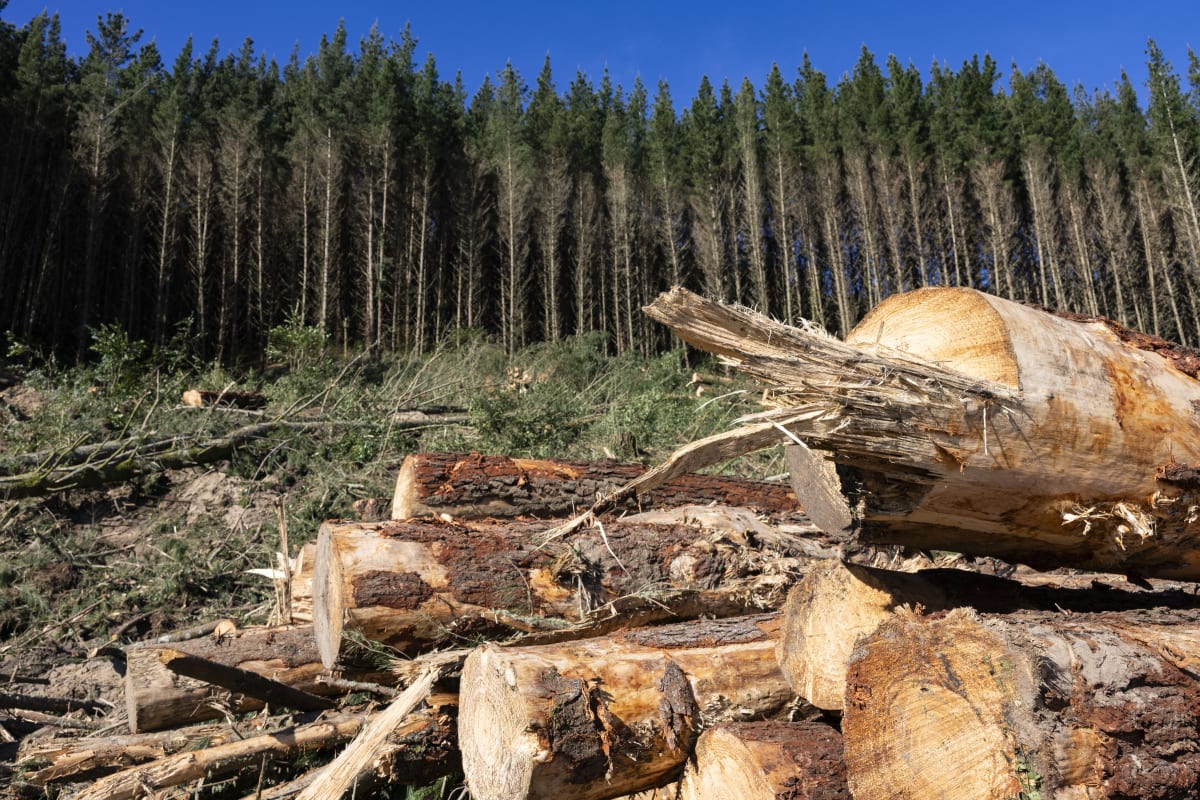
Every weekday, The Detail makes sense of the big news stories.
This week, what an El Niño really means, the fraught referendum over the ditch on indigenous representation and determination, this election's forgotten disability issues, the inch-by-inch journey to solve the Alzheimer's puzzle, and the leafy haven offered by community gardens.
Whakarongo mai to any episodes you might have missed.
A sometimes summer of sun
A New Zealand summer with potential cold snaps and lots of rain, coupled with sun and hot, record-breaking temperatures. What, come again?

That's what's forecast for this summer – if the El Niño weather pattern is anything to go by – and climate experts are saying it could be the most extreme in 80 years.
Tom Kitchin speaks to Niwa forecasting services team leader Chris Brandolino and United Fresh president Jerry Prendergast for the outlook for summer – and fresh fruit and veg.
The Voice of confusion
The fate of 3 percent of Australia's population is in the hands of 25 million as they vote to give a voice to Aboriginal and Torres Strait Islanders in parliament.

Voters will say 'Yes' or 'No' to the proposal to change the constitution to recognise the First Peoples of Australia by creating an advisory body.
Many 'No' voters fear it will give First Nations people power of veto in parliament (it won't). They are warning it will create a rift and that an isolated group of people will be given privileges that other Australians won't get (also not true). Supporters for change say it is only the first step.
Sharon Brettkelly talks to broadcaster Moana Maniapoto and Palawa photographer and journalist Jillian Mundy from Lutruwita (Tasmania).
Disability is this year's forgotten issue
This election cycle, burning issues such as climate change, housing and migration have taken a back seat to the new hot topics of crime and the cost of living.

But there's one issue you'll scarcely hear anything about.
Take a look at Policy.nz's section on disability – you'll find one party with 14 policies, four with one and the rest with none.
Tom Kitchin speaks to disability advocates Colleen Brown and Huhana Hickey about government progress on disability issues over the past six years, and what stands to be gained – or lost – at the election.
Hope and false hope for Alzheimer's sufferers
Scientists think they've figured out how brain cells die in Alzheimer's disease, something that's been a mystery for decades.

A ground-breaking study has revealed that neurons undergo a programmed cell death called necroptosis when exposed to the proteins linked to Alzheimer's – a sort of cell suicide. The study pinpoints an RNA gene called MEG3 as a potential key player in this process.
Alexia Russell talks to two women, both of whom lost a grandfather to Alzheimer's, who are now part of the effort to make progress towards treatments and therapies.
A garden for soul food
Big city living in New Zealand increasingly means getting used to apartments, townhouses, and losing the backyard.

The solution to the housing crisis has meant there's often no room for a vege patch. But with the price of food soaring, more and more people are looking for another way to make up for a supermarket budget shortfall.
Enter, community gardens – on common ground, specially laid out side-yards, rooftops and wherever there's a spare bit of dirt.
On today's episode of The Detail, Tom Kitchin visits two gardens in Tāmaki Makaurau: Auckland City Mission building Homeground, and Hobsonville Point's Catalina Community Garden.
Long Read: Tairāwhiti's Trauma
This is The Detail's Long Read – one in-depth story read by us every weekend.

This week, the first in a series published on Newsroom called Tairāwhiti's Trauma, written and read here by Newsroom's Māori issues editor Aaron Smale.
It's called The colonial cul de sac: Land loss, land use, and the devastation left behind.
He joins Alexia Russell to discuss the series and read his story himself.
Aaron Smale goes back to his grandmother’s home town and finds a community weighed down by weather disasters and decisions of the past that have a region broken.
Check out how to listen to and follow The Detail here.
You can also stay up-to-date by liking us on Facebook or following us on Twitter.








